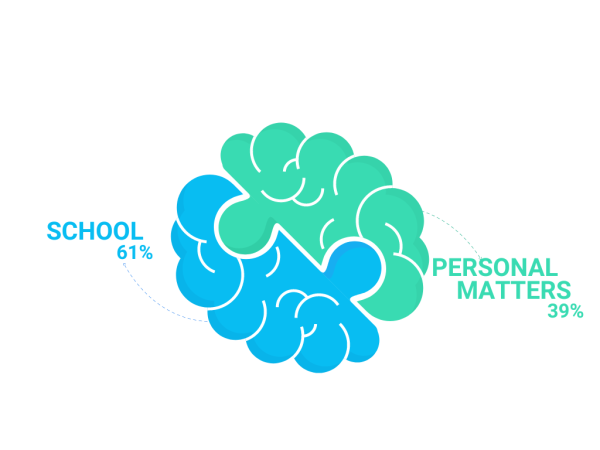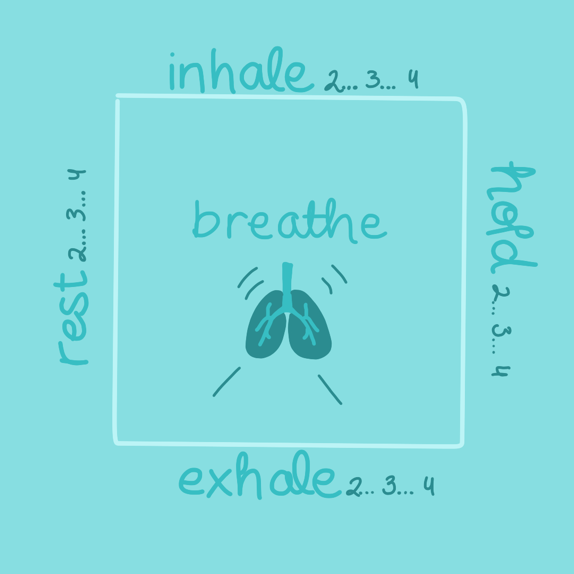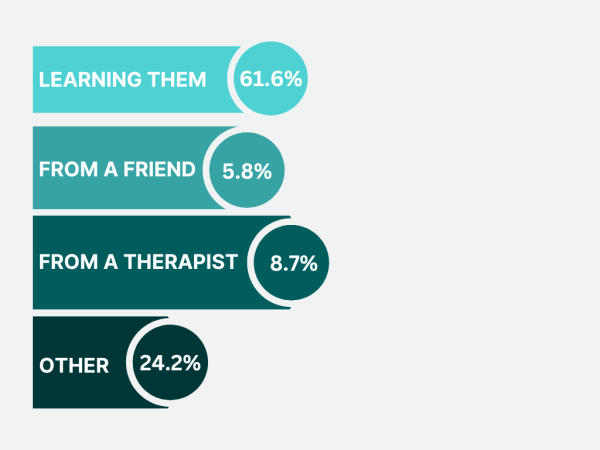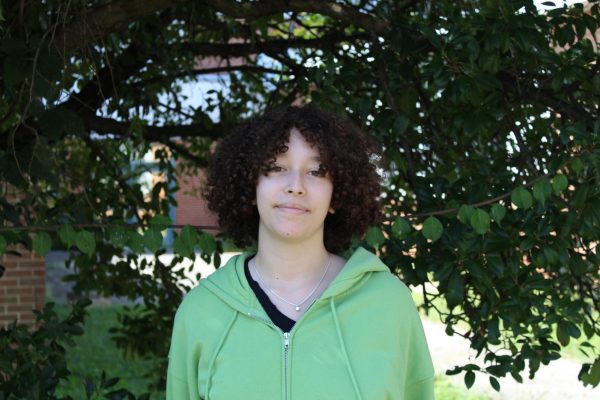Coping is defined as the way someone handles difficult situations, and effective coping skills are a necessary tool to use during high school and beyond. Coping can be a helpful way to regulate one’s emotions and calmly deter someone from being overwhelmed.
Many students would agree that school causes them to be stressed; however, one’s personal matters, such as family, friends and significant others, can be equally as stressful, especially when piled up.

So how does one cope?
These skills can come in many forms: listening to your favorite song, doing yoga or exercising, breathing exercises and even talking to your friends. These acts can all cause positive experiences and positive outcomes when someone is stressed or upset.
One of the most common coping skills, especially among people who have anxiety, is breathing exercises. When a person slows down their breath, it sends a message to the brain to calm down. Taking deep breaths will allow in more oxygen, telling the brain to reduce tension and relieve stress when someone is anxious or feels overwhelmed.
There are also many unfavorable coping mechanisms. These behaviors can cause someone to avoid or suppress their feelings and ignore the root issue. Unhealthy coping mechanisms can look like drinking, self-harm, isolating and overindulging. Participating in unhealthy coping mechanisms can sometimes make someone feel good during the moment, but in the end, the problem doesn’t get resolved, and a person could end up feeling even worse than before.

It’s a known fact that teenagers value friendship and are often looking for ways to spend more time with their friends, in and out of school. It can be a coping mechanism for some, however, others may argue that excessive time with friends can show avoidant behavior. When people spend too much time with their friends to make them feel better, it can lead to attachment and dependency.
“Don’t give up. It’s hard to find the perfect coping skill for each specific problem,” junior Ivan Linares said.
Don’t have any coping skills in your back pocket?
WJ gives students many resources to help with coping. Aside from being able to see a school counselor, there is an on-site clinical social worker, Catherine Kennedy, whom students can visit in room 138. The team of mental health specialists is also there for students who need help or just want to vent.

“Just talking about what’s going on I think can be helpful, and kind of giving [students] the opportunity that it can be something they talk about one time with me or they can come back as needed or even we can meet weekly,” Kennedy said.
Kennedy holds group and individual sessions, along with coordinating with a student wellness team and being connected with the school’s Bridge to Wellness program. WJ has various ways of helping students cope for personal and academic reasons.
“Just remember that something that works for some people might not work for others and being open to know[ing] that you’re not alone in your struggles, and just knowing that there is help, there is support and [that students] can access it- anyone can access it here at school,” Kennedy said.
What the school can do:
During virtual learning, students had Wednesday off to catch up with their work and talk to teachers during their office hours. Once students came back to school for in-person learning, Wildcat Wednesdays and an in-school Paws Den were created. The Paws Den was a place where students could sit and relax and was located at the end of the hall in the counselor’s office. Unfortunately, it has since gone away.
“Bring back the Paws Den because when I go to the counselor’s office, sometimes I don’t want to talk to anyone, I just need a place to calm down and collect myself,” sophomore Gabi Cruz said.















